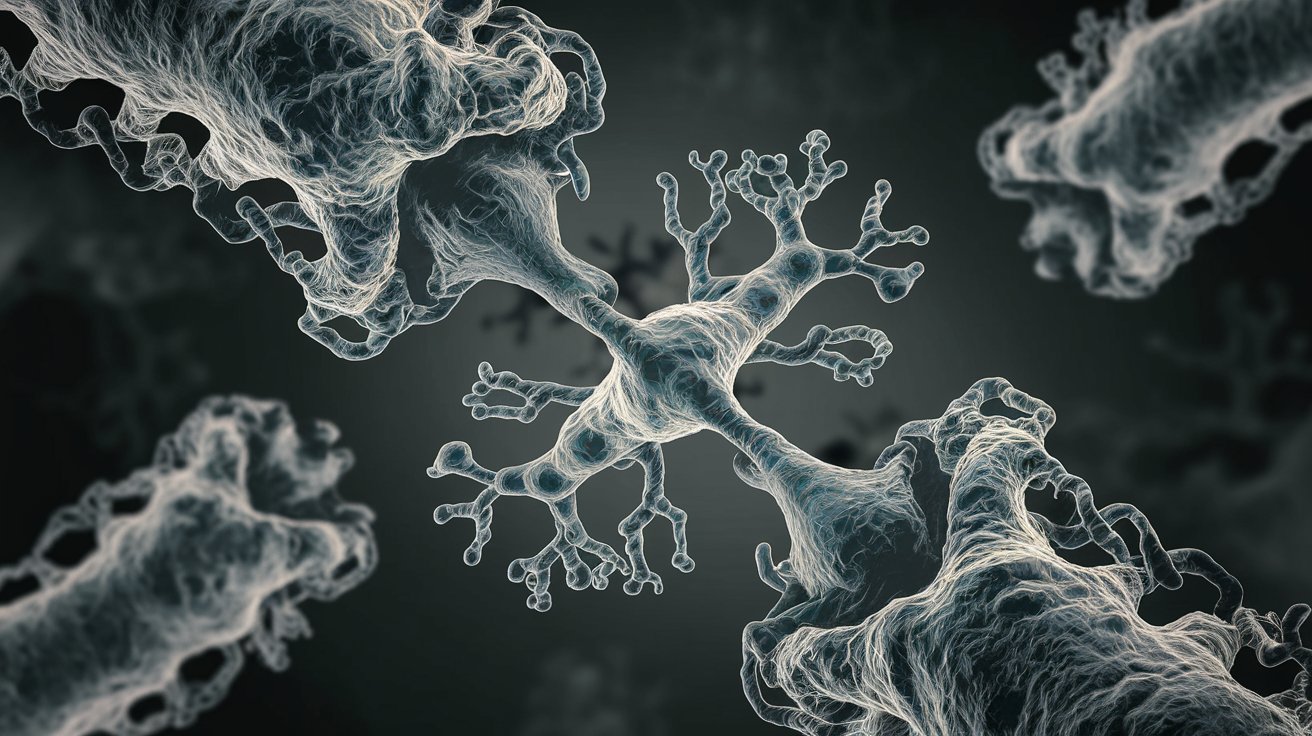
Exotoxins are toxic substances secreted by bacteria, and they play a significant role in the severity of bacterial infections. These potent toxins can cause damage to the host by destroying cells or disrupting normal cellular metabolism. Exotoxins are typically proteins, and they can be produced by both Gram-positive and Gram-negative bacteria. Some of the most notorious bacterial diseases, like tetanus, diphtheria, and botulism, are caused by these toxins. Understanding exotoxins is crucial for developing effective treatments and vaccines. This article will delve into 38 fascinating facts about exotoxins, shedding light on their mechanisms, effects, and the bacteria that produce them.
What are Exotoxins?
Exotoxins are potent toxins secreted by bacteria. These toxins can cause severe damage to the host by disrupting cellular functions. Here are some fascinating facts about exotoxins that will help you understand their significance.
- Exotoxins are proteins produced by bacteria and released into the surrounding environment.
- They are typically more toxic than endotoxins, which are part of the bacterial cell wall.
- Exotoxins can be produced by both Gram-positive and Gram-negative bacteria.
- These toxins often target specific cells or tissues in the host organism.
- Some exotoxins can cause diseases even in very low concentrations.
- They are usually heat-labile, meaning they can be inactivated by heat.
- Exotoxins can be neutralized by antibodies, making them targets for vaccines.
- Many exotoxins have enzymatic activity, which allows them to disrupt cellular processes.
Types of Exotoxins
Exotoxins come in various forms, each with unique mechanisms of action. Understanding these types can shed light on how they affect the host.
- Cytotoxins kill or damage host cells directly.
- Neurotoxins interfere with nerve cell function, leading to paralysis or other neurological symptoms.
- Enterotoxins target the intestines, causing symptoms like diarrhea and vomiting.
- Hemolysins destroy red blood cells, leading to hemolysis.
- Superantigens trigger an excessive immune response, which can be harmful to the host.
Mechanisms of Action
Exotoxins employ different strategies to wreak havoc on the host. These mechanisms are often highly specialized and efficient.
- Some exotoxins form pores in cell membranes, causing cell lysis.
- Others inhibit protein synthesis, leading to cell death.
- Certain exotoxins activate second messenger pathways, disrupting cellular signaling.
- Some exotoxins cleave host cell proteins, impairing their function.
- Others interfere with the host's immune response, making it easier for the bacteria to spread.
Notable Exotoxins and Their Effects
Several well-known exotoxins have been extensively studied due to their impact on human health. Here are some of the most infamous ones.
- Botulinum toxin, produced by Clostridium botulinum, causes botulism and is one of the most potent toxins known.
- Tetanus toxin, from Clostridium tetani, leads to muscle stiffness and spasms.
- Diphtheria toxin, produced by Corynebacterium diphtheriae, inhibits protein synthesis and can cause severe respiratory issues.
- Cholera toxin, from Vibrio cholerae, causes severe diarrhea by disrupting ion transport in intestinal cells.
- Shiga toxin, produced by Shigella dysenteriae, can cause severe intestinal damage and kidney failure.
- Anthrax toxin, from Bacillus anthracis, disrupts immune cell function and can be fatal if untreated.
Detection and Diagnosis
Identifying exotoxins is crucial for diagnosing bacterial infections and administering appropriate treatments. Various methods are used for this purpose.
- Enzyme-linked immunosorbent assays (ELISA) can detect exotoxins in clinical samples.
- Polymerase chain reaction (PCR) can identify the genes responsible for exotoxin production.
- Western blotting can confirm the presence of specific exotoxins.
- Cell culture assays can demonstrate the toxic effects of exotoxins on cultured cells.
- Animal models are sometimes used to study the effects of exotoxins and test potential treatments.
Treatment and Prevention
Managing exotoxin-related diseases involves both treating the symptoms and addressing the underlying bacterial infection. Prevention strategies are also essential.
- Antibiotics can kill the bacteria producing the exotoxins.
- Antitoxins can neutralize the effects of exotoxins.
- Vaccines can prevent infections by stimulating the immune system to produce antibodies against exotoxins.
- Good hygiene practices can reduce the risk of bacterial infections.
- Proper food handling and cooking can prevent foodborne illnesses caused by exotoxins.
Research and Future Directions
Ongoing research aims to better understand exotoxins and develop new treatments and preventive measures. This field is constantly evolving, with new discoveries being made regularly.
- Scientists are exploring the use of monoclonal antibodies to neutralize exotoxins.
- Genetic engineering techniques are being used to create less toxic versions of exotoxins for use in vaccines.
- Researchers are investigating the role of exotoxins in chronic diseases and autoimmune disorders.
- New diagnostic tools are being developed to detect exotoxins more quickly and accurately.
Final Thoughts on Exotoxins
Exotoxins, produced by bacteria, are potent and can cause serious harm. These toxins, secreted into the surrounding environment, can disrupt cellular functions and lead to diseases. Understanding how exotoxins work helps in developing treatments and preventive measures. For instance, vaccines can target these toxins, neutralizing their effects before they cause damage. Awareness of exotoxins' role in infections emphasizes the importance of hygiene and proper medical care. While they pose significant health risks, ongoing research and advancements in medicine continue to improve our ability to combat these bacterial threats. Staying informed about exotoxins and their impact on health is crucial for both prevention and treatment. So, next time you hear about bacterial infections, remember the role exotoxins play and the importance of scientific efforts to counteract them.
Was this page helpful?
Our commitment to delivering trustworthy and engaging content is at the heart of what we do. Each fact on our site is contributed by real users like you, bringing a wealth of diverse insights and information. To ensure the highest standards of accuracy and reliability, our dedicated editors meticulously review each submission. This process guarantees that the facts we share are not only fascinating but also credible. Trust in our commitment to quality and authenticity as you explore and learn with us.
